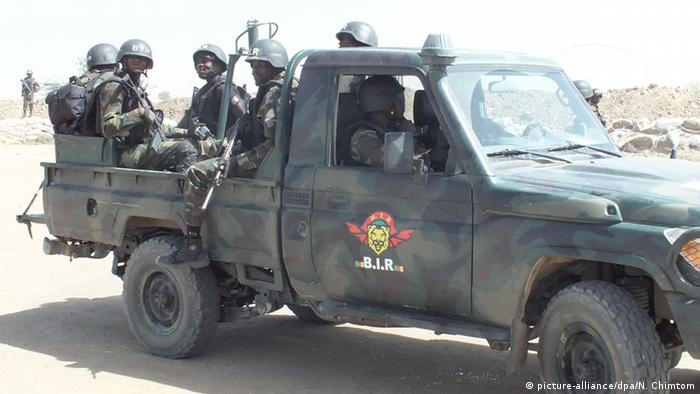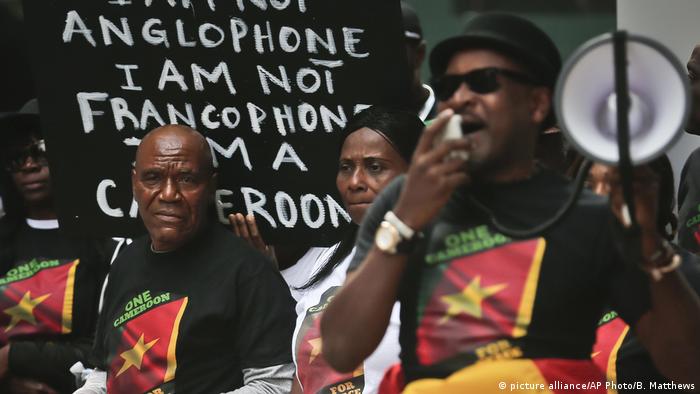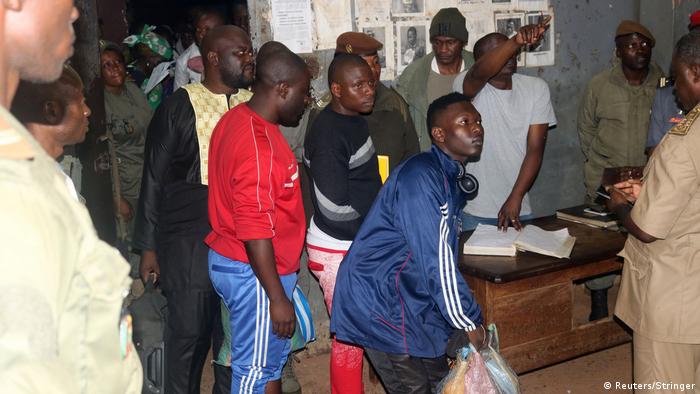30, September 2017
Shootings leave nearly dozen dead in South Africa 0
Eleven people were killed in a series of overnight shootings in a Cape Town township, police said Saturday, including four victims shot dead when gunmen opened fire in a bar.
Extra police officers were deployed to the Philipi district of Cape Town, a city that suffers from regular gang violence and armed clashes between rival criminal groups.
“We have deployed teams comprising specialist detectives, high-risk units and intelligence operatives,” police spokeswoman Novela Potelwa told the News 24 website. “We already executed search operations that are set to continue throughout the day. The police are doing their best to arrest those responsible.”
Tens of thousands of people live in informal shack settlements in Philipi, located in the notoriously crime-ridden Cape Flats area of the city.
Four people were shot dead at an informal “shebeen” bar on Friday evening, with three other bodies found by police nearby. Another four more people were killed elsewhere in the district.
The ruling ANC party condemned the deaths.
“Regardless of the circumstances, these mass murders — related or not — are criminal acts which must be punished using the full might of our law,” party spokesman Zizi Kodwa said in a statement.
“Criminals live amongst our communities, they are harbored by us and until society stands as one against this scourge, it will not be defeated,” it added.
On average, there are 51 murders per day in South Africa, according to official figures released last year.
Crime is seen as a major issue hampering the country’s social cohesion, economic development and international reputation — especially as a tourist destination.
Last week 36 Dutch tourists were robbed on a bus on route to their hotel after landing at Johannesburg airport for a three-week holiday.
(Source: AFP)































30, September 2017
Southern Cameroons Crisis: National Episcopal Conference calls on Biya regime to accept its wrongs 0
The National Episcopal Conference of Cameroon has joined its voice in the concert of calls for dialogue in the Anglophone crisis.
In a press release issued on Saturday, 30 September 2017, the Justice and Peace Commission of the National Episcopal Conference invited the Cameroonian government to acknowledge its wrongs in the building of its so-called national unity.
The Bishops statement pleaded with the people of Southern Cameroons to take into account that in the process of resolving the political crisis certain actions will be carried out, some in the very short term, others in the medium term and a third category of actions will objectively need more time to be set up.
A representative of the Southern Cameroons Ambazonia Governing Council has however rejected the position of the National Episcopal Conference saying “its too little too late.”
By Rita Akana, CCN